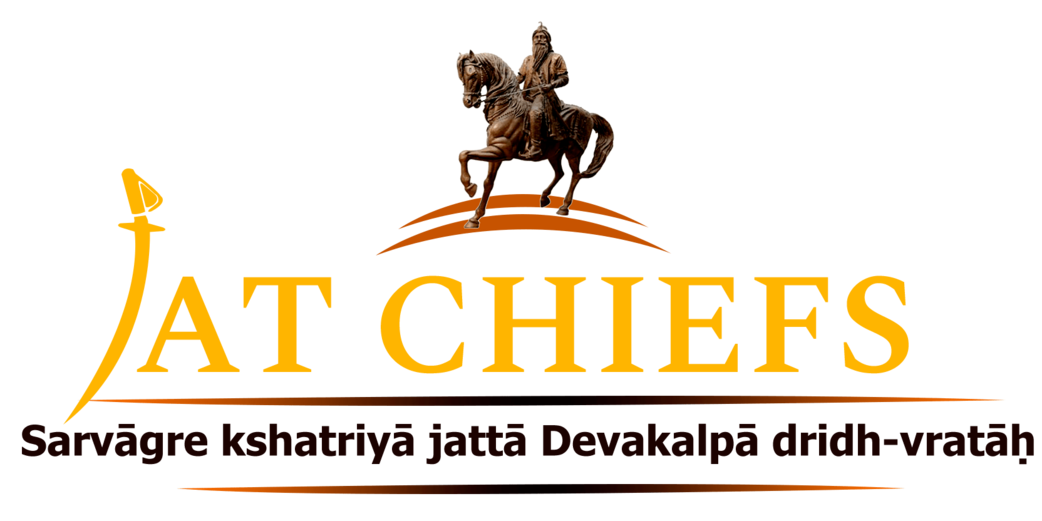Fateh Singh Mann Of Moghalchak (d.1845) was born into a Mann Jat family , he was the son of Sardar Sham Singh Of Moghalchak. He had been early introduced to Bhatti Jat ruler Maharaja Ranjit Singh Of Lahore by his father; and when Prince Kharak Singh was a few years old, Fateh Singh was appointed especially for his service. The Sardar served in the Kangra campaign of 1809; at Daska, where he was wounded in the shoulder; at Chunian, where he was wounded in his had; and at Sahiwal, where, after the capture of the town from Fateh Klan, he was appointed commandant, and where he remained for a year. In 1811 he received from Prince Kharak Singh, from his personal estates. a jagir worth Rs. 1,00,000, subject to the service of three hundred horse. Other jagirdars, whose contingents aggregated seven hundred men, were also placed under his command, and he was sent to Jammu to reduce some insurgents to order; and after this, he was sent with other Sardars to Eulu and Kangra. He fought at the battle of Attock; and in the miserable Kashmir expedition of 1814, he, with Diwan Jiwan Mal, accompanied the detachment of Ram Dayal on the part of Prince Kharak Singh. Soon after this Sardar Fateh Singh Mann was again sent to Jammu to put down an insurrection. In this he was suc-cessful, and brought in all the ringleaders to Lahore. But Bhai Ram Singh, the muthtar or confidential agent of Prince Kharak Singh, who hated Fateh Singh on account of his power and influence, concocted a plot to destroy his reputation, In April 1841 Fateh Singh, with seven hundred horse, was appointed to escort ten lakhs of treasure from Ferozepore to Peshawar, en route for Kabul. In February 1845, when Raja Lal Singh, after long altercations with his rival, Raja Jawahir Singh Aulakh whom he feared to leave bebind at Lahore, consented to head the army proceeding against Raja Gulab Singh at Jammu. Fateh Singh Mann was one of the chiefs whom he insisted upon taking with him. Soon after joining the army, Lal Singh sent Fateh Singh with some others to negotiate. The envoys were received by Gulab Singh with all honour, and were amused for some days with the alternate promises of submission and threats of defiance, which the Raja had always in store for such occasions. At length they returned with the declaration of Gulab Singh that he would abide by the terms of the treaty concluded by his agents in Lahore. He denied the amount of the Lahore claims, but said that he would pay them if proved and for this purpose requested that Wazir Bachna,* HirNand and Ganpat Rai, confidential servants of his nephew, Fateh Singh, upon whose authority the claims had been made, should be sent to him. The envoys, accordingly, with these three men returned to Jammu. Besides Fateh Singh Mann, the deputation to Jammu consisted of Baba Mihan Singh, an old Bedi of great sanctity, Ratan Chand , one of the most influential of the munshi party, and Raja Sher Singh Attariwala. They remained at Jammu for some days, but could not come to any definite terms; for Gulab Singh was carrying on separate negotiations with the Sikh army, whose Panchayats were also in Jammu. At last, on the 28th February, after a violent altercation between.
Wazir Bachna and the Raja, the lntter gave four laths of rupees as an earnest of the full discharge of the just claims against him, and the des utation took its leave. Passing through a hedge of thorns, which had been thrown round the town of Jammu, the envoys were fired at by a body of the Raja’s troops. Sardar Fateh Singh and Wazir Bachno were billed on the spot, and Diwan Ganjat Rai, who was on the same elephant with them, was mortally wounded, and died the nest day.
References :-
- Chiefs and families note in the Punjab Vol 1 By L.H Griffin


